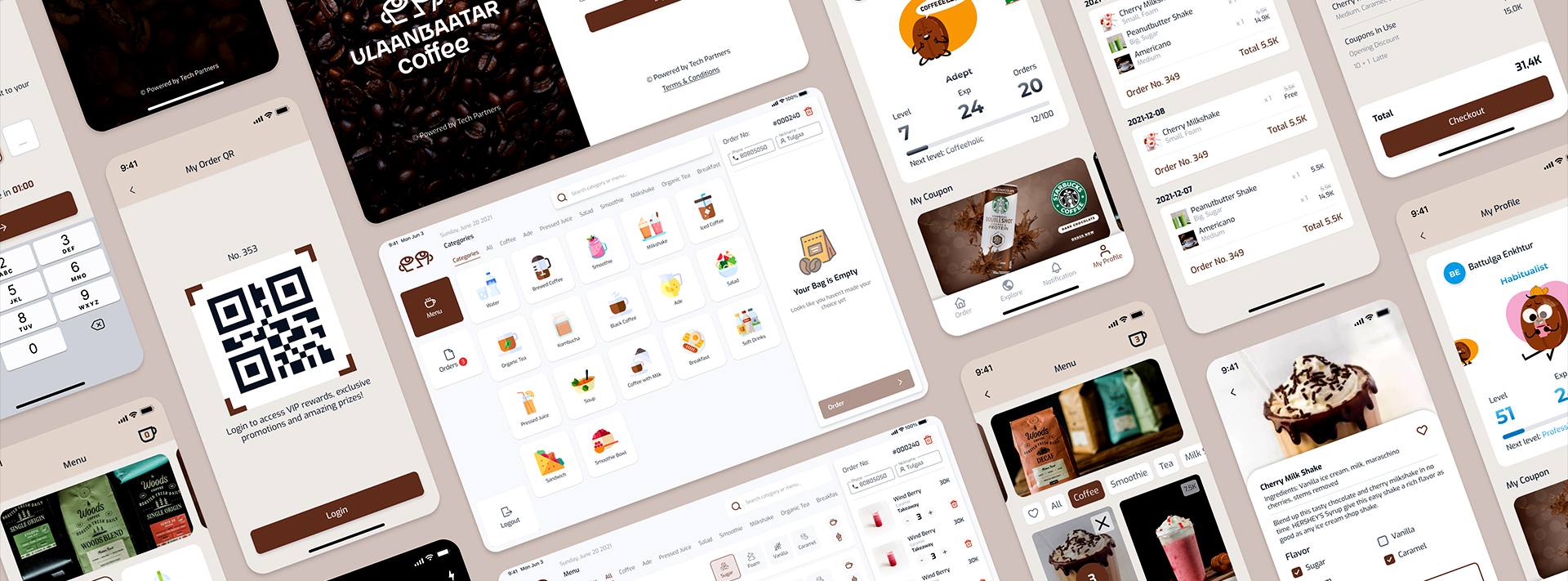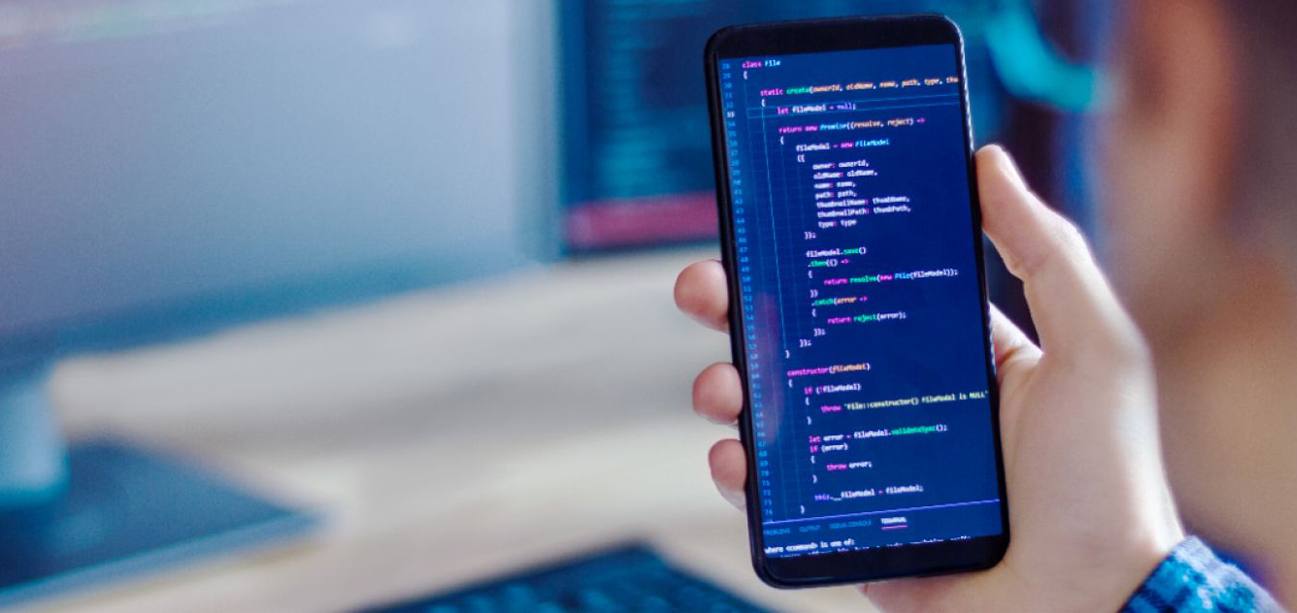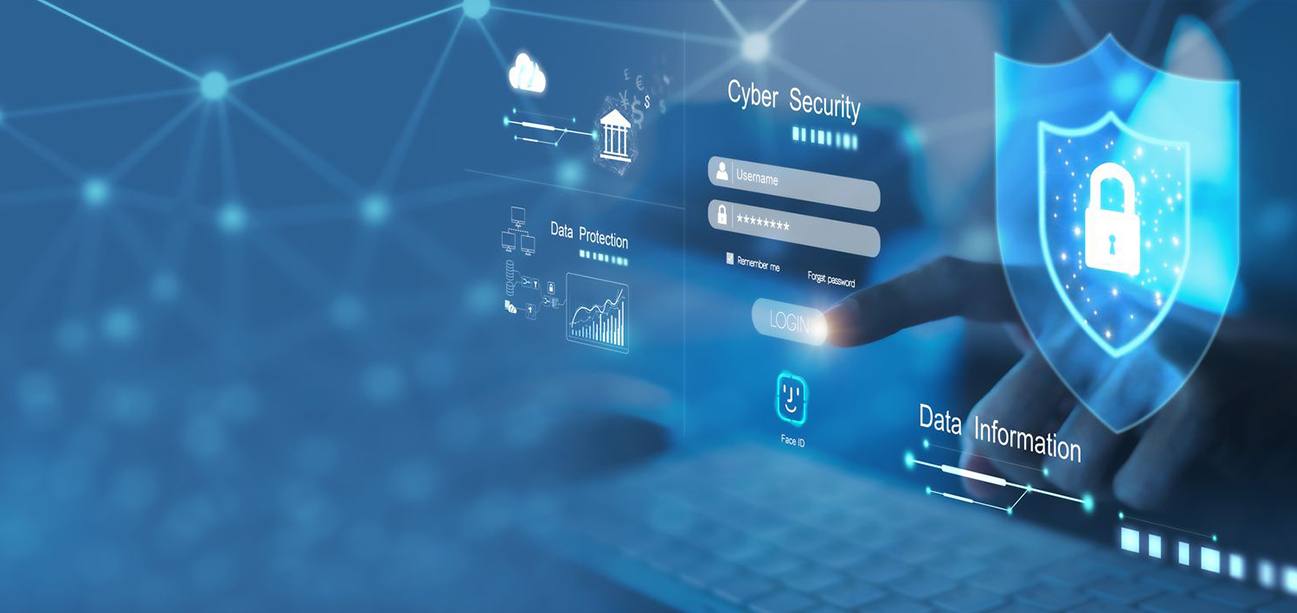
All About UI and UX E-commerce
E-commerce is the term for the streamlined process of purchasing and selling goods online, and it has emerged as a crucial tool for companies looking to grow. Entrepreneurs seeking to increase brand recognition and produce positive outcomes should take into account the many advantages of e-commerce platforms. Despite differences in business size and scope, there are common benefits to engaging in e-commerce.
By providing specialised solutions that are tailored to each customer's specific needs and preferences, e-commerce websites have the potential to revolutionise businesses and accelerate their growth. These websites provide businesses a hassle-free experience with just one click, covering all facets of web store setup, management, and development. With a variety of options available to improve users' overall buying experiences, the user interface and user experience design of an e-commerce website is vital in luring and keeping customers.
1. Customized E-Commerce Integration Solutions
Our team provides customised E-Commerce integration solutions that help you grow your online business. We are aware that tailored E-Commerce solutions may be quite advantageous for organisations, and our professionals can assist you in achieving that.
2. B2C Platform Development -
Business Customer platforms are in high demand as they offer a simple and direct way to connect with customers and enhance engagement. Our advanced integrated E-Commerce tools are designed to boost productivity and engagement, making us the perfect partner for developing a successful B2C E-Commerce website.
3. B2B Commerce Solution Services
We specialize in providing comprehensive Business to Business Commerce solutions that help drive conversions and value. Our experienced professionals are skilled in creating high-performance B2B E-Commerce solutions that can take your business to the next level.
4. Technology Consulting for E-Commerce
It's critical to pick the correct technology for your e-commerce website. Our technology consulting services assist you in choosing the best platform and technologies for your company, resulting in a top-notch website that satisfies all of your particular needs.
5. E-Commerce App Development Services
Our e-commerce app development services are intended to assist companies in improving their websites and extending their online presence. Our professionals offer flawless E-Commerce app development services that can help you grow your company.
6. Payment Gateway Integration Services
Payment integration is an essential feature of any E-Commerce website. Our payment integration solution offers multiple payment gateways, ensuring secure and simple online transactions.
7. Deployment and Maintenance Services
Our staff offers top-notch support and upkeep services to make sure that your e-commerce website functions faultlessly and ideally. To make sure that your website is error-free and constantly updated, we handle every part of deployment and maintenance.
8. Multi-Platform Solutions for E-Commerce
We provide world-class technology that promotes multi-platform solutions for E-Commerce. Our expertise enables E-Commerce platforms that facilitate selling and buying, making it easy to bring multiple vendors onto one platform.
We have expertise in the following areas of ecommerce development:
- Development of multi-store ecommerce platforms
- Website maintenance and support
- Marketplace development
- Shopping cart development
- Online store customization
- Development of modules and plugins
- Magento ecommerce development
- SAAS ecommerce solutions
- Development of websites with third-party integration
E-commerce Platforms We Work With:
Our e-commerce development services cover a range of platforms, including but not limited to:
- Magento
- Bigcommerce
- Ubercart
- CSCart
- Prestashop
- Virtuemart
What Makes Fictive Studios Stand Out in E-Commerce Website Development Services?
At Fictive Studios, we have a team of industry experts who possess extensive knowledge and experience in developing E-Commerce websites. Our developers are proficient in delivering E-Commerce projects promptly while ensuring the highest standards of quality. We use advanced technologies such as Magento, Shopify, BigCommerce, WooCommerce, and others to build robust and dependable E-Commerce solutions.
Our team concentrates on developing intuitive user interfaces and top-notch user experiences. To give our clients the finest results possible, we stay current with the newest trends and technologies. To get the best outcomes, our e-commerce creation method considers a number of variables, including ratings, reviews, and pertinent data. With the increasing demand for E-Commerce websites, Fictive Studios ensures to provide the best solutions that exceed our clients' expectations.
What is E-commerce development?
Why is E-commerce development important for businesses?
How long does it take to develop an E-commerce website?
What are some important features to consider when developing an E-commerce website?
Can E-commerce development be done in-house, or should businesses outsource it?
What sets Fictive Studios apart in the E-commerce development industry?

Building The Future One Line Of Code At A Time

Mobile App Solutions For Everyone, Everywhere
We pride ourselves on our ability to bring your unique vision to life through our cutting-edge technology and innovative solutions.
Retail, Ecommerce
Education & e-learning
Healthcare & Fitness
Logistics & Distribution
Social Networking
Real Estate
Travel & Hospitality
Food & Restaurant
On-Demand Solutions
Gaming
Partnerships We Have Built Through Our Digital Solutions
At Fictive Studios, we are proud to have partnered with over 2000 businesses, ranging from startups to enterprises, to provide industry-leading mobile app development solutions tailored to their unique business needs. Every business is different, and we are passionate about helping our clients achieve their goals through our extensive range of app development services.
Start Up Business

Small & Med Business

Enterprise

Agencies

What Our Clients Say
We possess the capability to create applications across a diverse range of genres - simply specify your requirements and we'll bring your vision to life.

Let's Build Something App-tacular Together
Join forces with Fictive Studios, the premier Mobile App Development Company in the US. With our bespoke app development solutions, watch your business soar to new heights.
GET A QUOTE
















